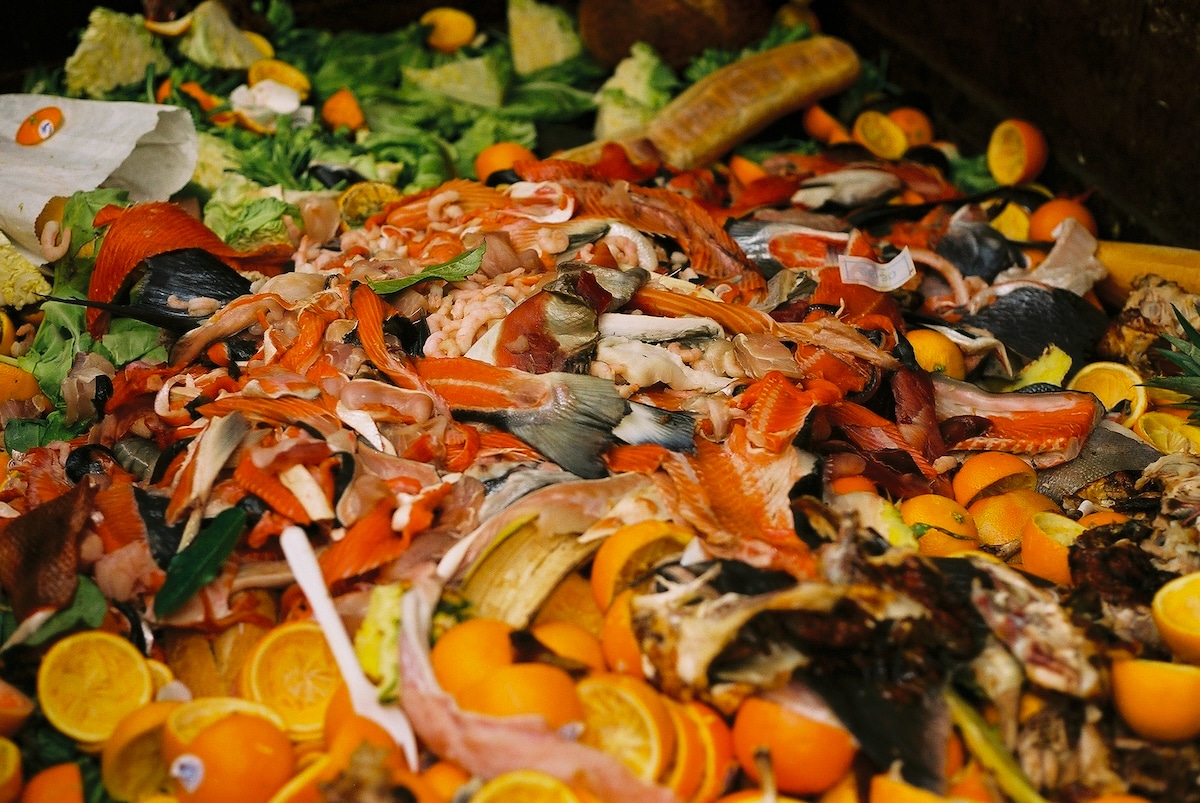$1 Trillion Worth of Food Is Wasted Globally per Year, UN Report Finds

 Why you can trust us
Why you can trust us
Founded in 2005 as an Ohio-based environmental newspaper, EcoWatch is a digital platform dedicated to publishing quality, science-based content on environmental issues, causes, and solutions.
The UN’s latest Food Waste Index Report, compiled in collaboration with the charity WRAP, reveals that food waste has skyrocketed, with over 1 billion meals wasted per day and over $1 trillion worth of food waste generated per year around the world.
The report found that 783 million people lived with hunger in 2022, and about one-third of the global population faced food insecurity.
“Food waste is a global tragedy. Millions will go hungry today as food is wasted across the world,” Inger Andersen, executive director of UNEP, said in a press release. “Not only is this a major development issue, but the impacts of such unnecessary waste are causing substantial costs to the climate and nature.”
In total, about 1.05 billion metric tons of food waste, both edible and inedible parts, were generated in 2022, according to the report. This makes up nearly 20% of available food. Further, the report found that food waste reached 132 kilograms per capita, with most food waste (60%) happening in households, followed by 28% of food waste happening in food services and 12% in the retail sector.
The UN’s Sustainable Development Goal 12.3 aims to cut food waste in half by 2030, as this waste contributes to greenhouse gas emissions and climate change. According to the UN, food waste makes up about 8% to 10% of global emissions. This is even higher than the aviation industry, which contributed about 2% of global carbon emissions in 2022, as reported by the International Energy Agency.
The report noted that the EU, Australia, Japan, UK and the U.S. are the only G20 countries with adequate food waste estimates for tracking progress to the 2030 goal of cutting food waste by 50%. The report authors said they hope other countries will utilize the report to improve food waste tracking in order to work toward reducing the numbers.
Some countries are already making meaningful progress on food waste reduction targets, with Japan reducing food waste by 31% and the UK by 18%.
“The good news is we know if countries prioritise this issue, they can significantly reverse food loss and waste, reduce climate impacts and economic losses, and accelerate progress on global goals,” Andersen said.
The authors of the report recommended a collaborative approach to address food waste and food insecurity, including through public-private partnerships, which have already helped reduce food waste per capita in Australia, Indonesia, Mexico, South Africa and the UK.
“With the huge cost to the environment, society, and global economies caused by food waste, we need greater coordinated action across continents and supply chains. We support UNEP in calling for more G20 countries to measure food waste and work towards SDG12.3,” said Harriet Lamb, CEO of WRAP. “This is critical to ensuring food feeds people, not landfills. Public-Private Partnerships are one key tool delivering results today, but they require support: whether philanthropic, business, or governmental, actors must rally behind programmes addressing the enormous impact wasting food has on food security, our climate, and our wallets.”
Subscribe to get exclusive updates in our daily newsletter!
By signing up, you agree to the Terms of Use and Privacy Policy & to receive electronic communications from EcoWatch Media Group, which may include marketing promotions, advertisements and sponsored content.

 233k
233k  41k
41k 